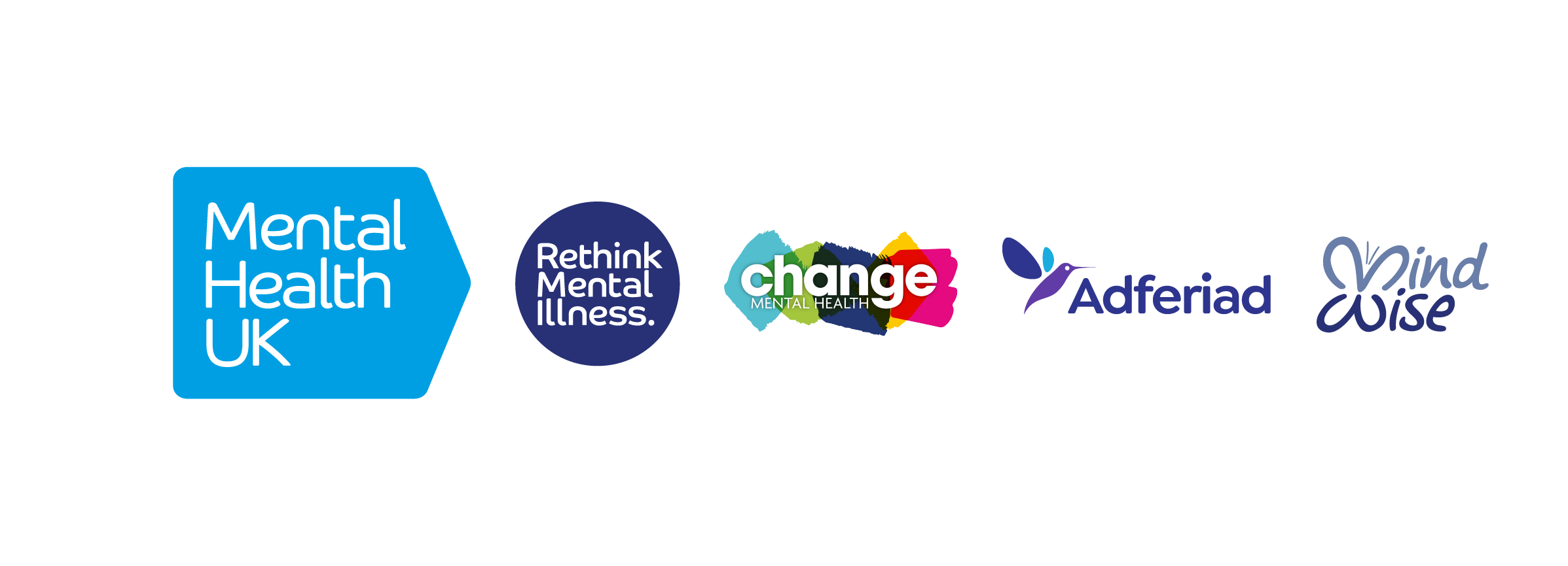- Home
- News & Blogs
- Current: Debunking Blue Monday: Navigating Mental Well-being Year-Round
Do you need urgent help?
If you need to speak to someone right now, here are some confidential options which provide 24/7 support. If you're worried you might hurt yourself or someone else, please call 999, or go to your nearest A and E.
Childline
Helps anyone under 19 in the UK with any issue they’re going through. Childline is free, confidential and available any time, day or night.
0800 1111Samaritans
24 hours a day, 365 days a year. You don't have to be suicidal to call us
Debunking Blue Monday: Navigating Mental Well-being Year-Round
Mon, 15 - January - 2024
Debunking Blue Monday: Navigating Mental Well-being Year-Round
In the realm of popular belief, January's "Blue Monday" often looms as the most depressing day of the year—a concept devised as a clever PR stunt to boost holiday sales. However, as we delve into the intricacies of mental health, it becomes evident that this notion is more myth than reality. In this blog, we explore the individual nature of mental health, emphasise the need for year-round well-being, and debunk the Blue Monday myth.
Blue Monday, once thought to be a calculated formula of post-Christmas debt, gloomy weather, and shattered New Year's resolutions, lacks scientific grounding. Originating as a marketing ploy to sell holidays, it has evolved into an annual event lacking substantial evidence to support its claims. This raises a crucial question: Can we truly designate a universal low point for our mental health?
While dismissing Blue Monday as a mere myth, it's essential to acknowledge the seasonal variations that can affect mental health. Seasonal Affective Disorder (SAD) is a real phenomenon, marked by depressive symptoms intensifying in months with reduced daylight. The winter season can usher in bodily changes impacting hormones, sleep, eating habits, and overall mood.
Perhaps the true essence of Blue Monday lies in the reminder that mental health is a constant, requiring attention every day of the year. Depression and other mental health issues extend beyond a single day, affecting individuals uniquely at any given time. Trivialising these concerns for profit is unacceptable; our approach must be evidence-based, community-centric, and focused on prevention.
As we unravel the myth of Blue Monday, let's shift our focus to actionable steps that contribute to sustained mental health. Open communication, regular physical activity, sensible eating habits, and the willingness to seek help when needed form the foundation of a holistic approach to well-being. Remember, these practices are not confined to a specific date but are crucial components of mental health care every day of the year.
In conclusion, Blue Monday may be a myth, but the imperative to prioritise mental health is far from fictional. Let's dispel the misconceptions, embrace evidence-based practices, and foster a culture that recognises mental health matters not just on a designated day but every day of the year.
Please see here if you or someone you know needs support with their mental health.









